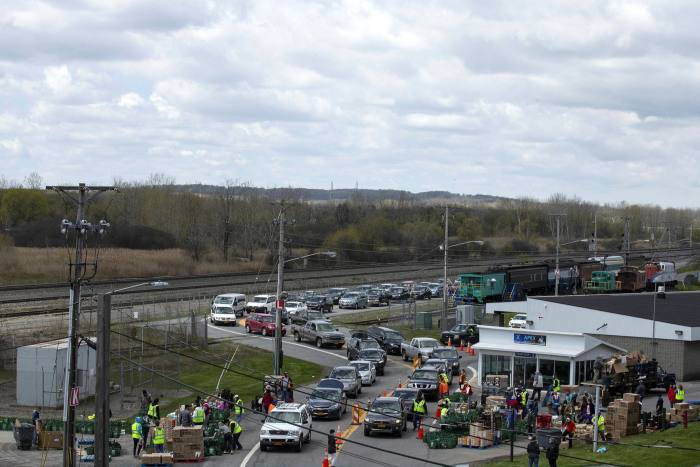
Did you see the news reports of Mercedes, BMWs and SUVs queuing at food banks in America recently?
It is quite a sobering thought to think that these apparently wealthy people do not have adequate emergency funds to support little or no income for only a few months.
Do they have the wrong priorities; nice cars, but no money to put food on the table?
It did make me wonder – if they can’t survive a few months, how will they manage in retirement when they have to live the rest of their lives without a salary?
They will probably be stuck in their homes, not being able to go out, or do things, and be totally fed up with daytime television.
Does this remind you of something?
I have been extremely lucky, being able to continue to work throughout the Covid-19 crisis. If I hadn’t, I would have been extremely bored. I know people who aren’t as lucky and are bored.
For those who fail to plan their retirement properly, the current situation could be a rehearsal for the retirement, and a significant part of their lives could be spent in boredom.
Taking this into consideration, ask yourself the following question: Do you stop doing things because you get old, or do you get old because you stop doing things?
Most people would probably agree with the latter.
To avoid this, plan for retirement:
- Think about all the free time you will have – how will you fill it? How much will this cost?
- Do you know what your expenditure will be in retirement?
- Do you have a bucket list? What do you want to do, when and how much will it cost?
- Do you really want to retire completely? (I know I definitely don’t) and many people have told me recently that work is becoming more and more appealing.
- Take into consideration there are two phases of retirement:
- Active – your time for doing what you want to do, between stopping full time work and the next phase.
- Traditional – this will probably not be until you are about 80. Somebody one suggested to me that the first phase is ‘adventure before dementia’ and the second was ‘pipe, slippers and Werther’s Originals’.
- Consider that your expenditure patterns through each phase will be different: you will probably spend more money (if affordable) in the ‘Active’ phase, creating memories for the second phase (this of course ignores the fact that you make need to pay for long term care at some point).
To plan properly, you need to know what your cash flow projections look like, after you have planned what retirement looks like for you. When you know understand this, you can determine how much you need to save towards retirement.
Along the way you need to consider inflation, life expectancy, growth rates, how much investment risk you feel comfortable with and your capacity for loss when stock markets repeat their recent volatility.
If this seems rather daunting, a good, fee-based financial planner can support you.
- If you would like more information or advice on retirement planning contact Lamb Financial at [email protected] or by calling (01661) 860438.



